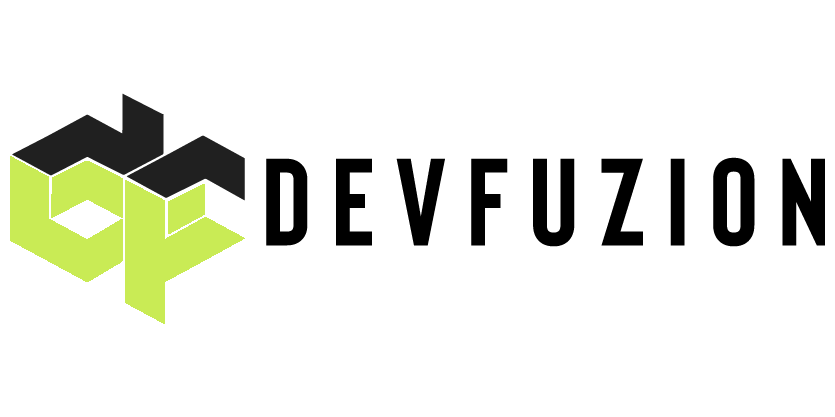INSURANCE
The insurance industry is adapting to
New Digital Possibilities
Digital connections and insights are enabling new competitors to enter the insurance marketplace. Customers now expect better risk advice and support, with regulators demanding these services be provided equitably, securely and responsibly. DEVFUZION’S insurance solutions addresses all these needs.
Invest In Technology That
Adds Security & Value
Preparing for any situation is essential to keep your business running.
With comprehensive cyber security, in-depth disaster recovery planning, and real-time reporting, you can ensure your business is ready to handle anything.

